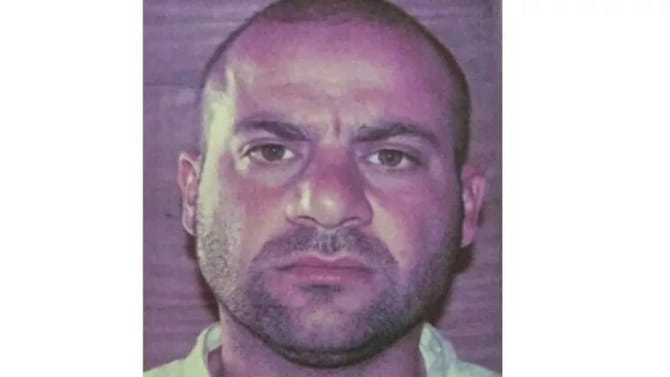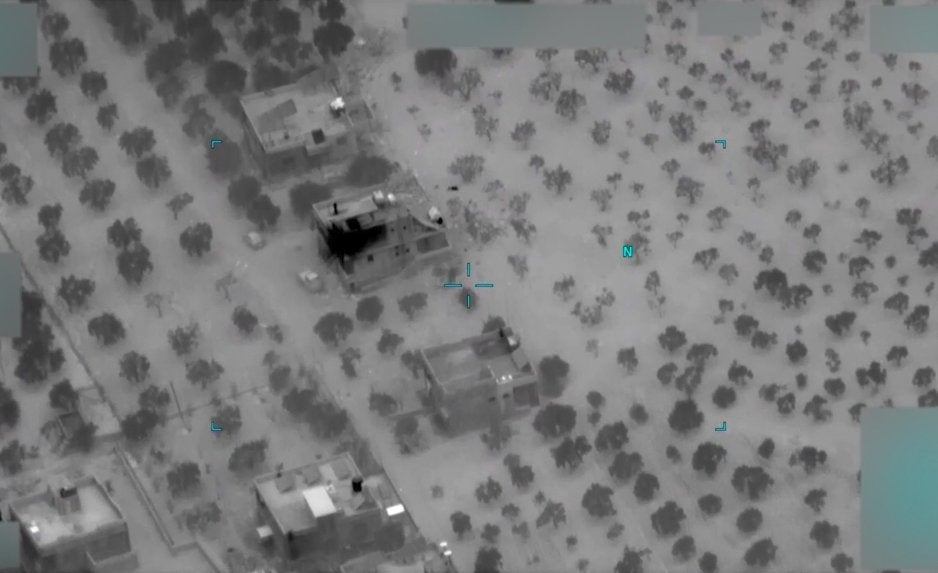ISIS Leader Killed in US Special Operations Raid in Syria, Biden says
On 3 February, US President Joe Biden announced that ISIS leader Abu Ibrahim al-Hashimi al-Qurayshi, also known as Haji Abdullah, was killed by US military forces in northwest Syria as part of a counter-terrorism operation. The “incredibly complex” and “high risk” operation by US military personnel in northwest Syria had been planned for months, according to senior administration officials, and took place after Joe Biden made the final decision on Tuesday, 1 February.
In a statement released in the morning (Washington, DC local time), Pentagon Press Secretary John Kirby stated the operation was “successful” and that there were no US casualties, but he did not provide details about the people killed or the targets of the operation, saying that more information would be released in the following hours.
During a brief press conference at the White House, Joe Biden announced the death of ISIS leader Abu Ibrahim al-Hashimi al-Qurayshi in the operation which took place in the town of Atmeh, a part of Syria’s Idlib Governorate on the Turkish border, explained the details of al Qurayshi’s death.
Biden began the press conference by saying, “Last night, operating on my orders, United States military forces successfully removed a major terrorist threat to the world: the global leader of ISIS, known as Hajji Abdullah.” Stating that Qurayshi became the leader of the organization in 2019 after the killing of Abu Bakr al-Baghdadi by the US. Biden continued by saying, “Since then, ISIS has directed terrorist operations targeting Americans, our Allies and our partners, and countless civilians in the Middle East, Africa, and in South Asia.”
Stating that Haji Abdullah was responsible for the spread of ISIS-related terrorist organizations around the world, Biden said, “He was responsible for the recent brutal attack on a prison in northeast Syria holding ISIS fighters, which was swiftly addressed by our brave partners in the Syrian Democratic Forces.”
Biden emphasized that he chose a special forces operation over an air strike to minimize civilian casualties, saying, “I directed the Department of Defense to take every precaution possible to minimize civilian casualties. Knowing that this terrorist had chosen to surround himself with families, including children, we made a choice to pursue a special forces raid, at a much greater risk to our own people, rather than targeting him with an air strike.”
US forces involved in the operation suffered no confirmed casualties but a helicopter was lost due to a technical issue. The aircraft was destroyed on the ground by US forces, imagery of the wreckage suggests it was likely an MH-60 Black Hawk. An administration official said that the helicopter had developed mechanical issues during the ground team’s insertion.

Biden stated that during the operation special forces attempted to apprehend the terrorist, but al-Qurayshi chose to blow himself up rather than face justice for his crimes, detonating a bomb that destroyed the building’s third floor, “taking several members of his family with him, just as his predecessor did.” A total of 13 people died, including six children and four women. Despite the reported suicide explosion Secretary of Defense Lloyd Austin said in a statement that:
“We know that al-Qurayshi and others at his compound directly caused the deaths of women and children last night. But, given the complexity of this mission, we will take a look at the possibility our actions may also have resulted in harm to innocent people.”
At the end of his speech, Biden stated that his administration would continue to protect the American people from terrorist threats. The President continued, “and we’ll continue working with our close allies and partners — the Syrian Democratic Forces; the Iraqi Security Forces, including the Kurdish Peshmerga; and the more than 80 members of the global coalition — to keep pressure on ISIS, to protect our homeland.”
Ten people were safely evacuated during the raid, which the Syrian Observatory for Human Rights characterized as the largest since the operation in Idlib in October 2019, that killed ISIS leader Abu Bakr al-Baghdadi.

